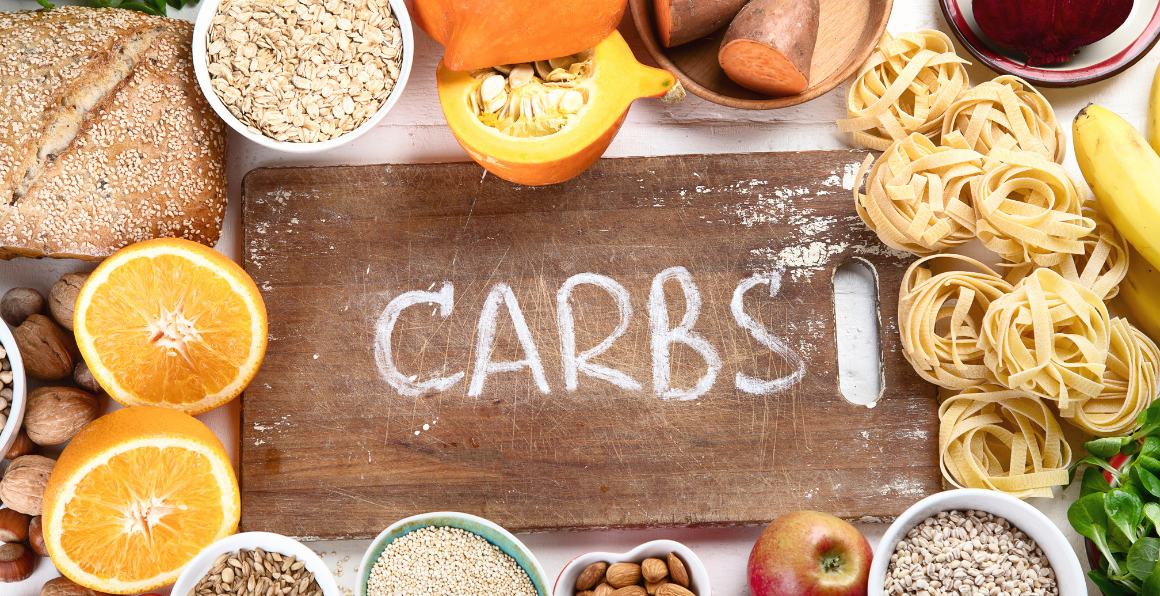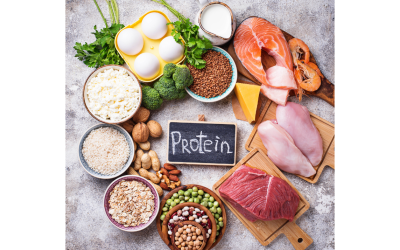Have you been diagnosed with prediabetes?
Are you one of the 88 million adults in the US that have prediabetes? Just to put 88 million into perspective, that’s about 1 out of every 3 people.
Being diagnosed with prediabetes is not news that anyone necessarily wants to hear from their doctor, but being aware is the first step toward taking action right? You are in the 20% of adults that KNOW they have prediabetes. The other 80% have it but don’t yet know it.
How can you not know when you have diabetes or prediabetes? This is the scary part. There are usually no symptoms. You don’t feel any different but your blood sugars are higher than normal and already wearing on your body.
1. What is prediabetes and how did I get it?
Prediabetes has often been called BORDERLINE diabetes. You may have gone to the doctor for a routine physical or for another medical concern and your doctor had you do labs which commonly includes a fasting glucose. A fasting glucose is what your blood sugar was at that time on that day.
If your fasting glucose is 70-99 then it is in the normal range. Between 100 and 125 is considered prediabetes range. 126 and higher is considered diabetes.
Or your doctor may be checking an A1c lab test. The prediabetes range for that is 5.7-6.4 and 6.5 and higher is diabetes.
Type 2 diabetes does not happen suddenly. It gradually develops over months or years. If you have regular physicals and track your fasting glucose over the years you could probably see it trend up gradually.
Why do we get prediabetes?
There could be several reasons, some we can control and some we can’t:
- We are at increased risk as we get older. Our bodies just wear out.
- If we have family members, we are more likely to get it.
- History of gestational diabetes or having a baby over 9 lbs.
- Chronic emotional stress.
- Physical stress of an illness
- Weight gain
- Lack of activity
- Poor eating habits
- Some medications such as steroids
2. Can prediabetes go away?
Preventing fires is much smarter than waiting until the fire is out of control right? With diabetes it’s the same. Catching it early and doing what you can to reverse the trend towards Type 2 diabetes is the best approach. If higher than normal blood sugars are caused by eating and exercise habits and you are able to change those habits, then you will be less likely to need medication or MORE medication.
Now the term being used is diabetes remission but reversing diabetes is still the easiest way to think about turning the process of developing Type 2 diabetes. Diabetes prevention has been well researched, and I have seen many clients be successful at turning things around by changing their eating habits and getting more active.
Research has shown that just a 7% weight loss, and 150 minutes per week of activity such as walking, can reduce the chance of progressing to type 2 diabetes by 58%. The difficult part is making that happen because changing our eating and exercise habits is hard.
Reversing blood sugars completely back to normal may not be possible but if you can keep your A1c as close to normal as possible, that is the goal. To know what your A1c goal should be talk to your doctor and a CDCES. (Certified Diabetes Care & Education Specialist)
3. Do I need to prick my finger and check my blood sugar?
Your doctor may or may not recommend monitoring your blood sugar. When I speak with clients, I make recommendations based on each person’s situation. The short simple answer is . . . If monitoring is going to help you determine how food and activity are affecting your blood sugar then yes, I would recommend monitoring.
Continuous glucose monitors such as Freestyle Libre or Dexcom G6 or Medtronic Guardian Connect, are very popular now days for several reasons. Cost and insurance coverage are usually big deciding factors, and each person needs to choose the best options for their situation.
I have prediabetes and been using a continuous glucose monitor for a couple years to know if I am on track and to see how food and exercise affects my blood sugar level.
4. What foods should I stay away from?
Rather than specific foods I am going to outline the first 3 changes to look at in your current diet.
- Avoid sweet drinks with a lot of regular sugar such as regular soda, sweet tea, juice, and sweet coffee drinks. Artificially sweetened drinks are not necessarily good for us but in small amounts can be an acceptable substitution. Water of course, is best.
- Avoid or significantly reduce your intake of sweets such as cookies, candy bars, cake, pie, and ice cream.
- Downsize your starch portions. This includes snack foods such as chips and crackers, but also starch foods at meals such as bread products, pasta, rice, corn, potatoes, and green peas.
These changes can be gradual or all at once, whatever works for you. The important part is to make the changes part of a healthy overall lifestyle you can be happy with long term. You can check out my free download for more starter tips!
5. Will prediabetes go away if I lose weight?
Maybe. There is no guarantee, but the main thing to remember is that if you NEED to lose weight, and you are ABLE to lose weight, and you do it in a HEALTHY & SUSTAINABLE WAY, then your overall health and very likely your blood sugars are going to benefit.
The root problem of prediabetes and type 2 diabetes is usually INSULIN RESISTANCE.
Insulin resistance means your body is making enough insulin to control your blood sugars, but that insulin is not able to work the way it should. Your body has developed resistance from extra body fat or inflammation or pain or stress or something else and often it’s a combination of more than one of these problems.
Shrinking excess body fat, especially around our belly, will almost always lower insulin resistance.
If you are wanting to lose weight/shrink belly fat, start with reducing carb intake. The 3 food changes above are the fast-track tips to making that happen.
6. What kind of exercise is best for prediabetes?
The kind you enjoy doing. Because you need to establish activity/exercise as a regular part of your lifestyle, not an extreme program you do for 2 weeks and quit because you get bored.
Here are some tips:
- If you hate exercise find things you don’t mind doing that require you to move, not sit. That’s the minimum change – move more/sit less. Try an app that reminds you to get up every 20 minutes and move.
- Walking is a great exercise. Don’t underestimate the power of walking. Even if it’s around your apartment on a cold winter day.
- If you like to exercise, choose at least 3 different options to keep it enjoyable.
- Always have an indoor option available for bad weather days.
- Do strength training a couple days a week. This can be light hand weights, bands, gym machines, or yoga.
- Listen to your body. Start slow and increase time as you get stronger.
- Make sure you check with your doctor if you have questions about whether an exercise is safe for you.
7. What damage can prediabetes do to my body?
Probably the biggest consideration to think about should be the risk of heart problems. When someone has higher than normal blood sugars it is very common to also have higher than normal blood pressure and cholesterol as well. All of these increase the risk of heart attack or stroke. Nerve damage and vision problems are also possible complication from uncontrolled diabetes.
Here are some tips to prevent complications:
- Have your A1c, blood pressure and cholesterol numbers evaluated by your doctor at least once a year.
- The same healthy eating and exercise patterns that help lower blood sugars also help your blood pressure and cholesterol.
- The same healthy eating and exercise habits that can reverse diabetes will also help prevent all diabetes complications.
If you are looking for help setting up a meal plan to improve blood sugars, contact Karen for more information on her programs and coaching services.







0 Comments